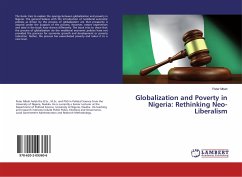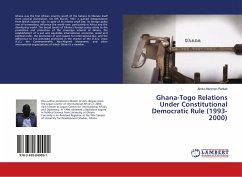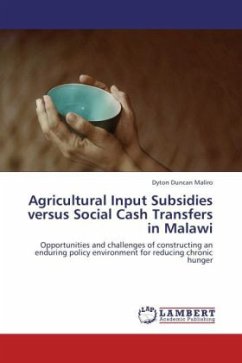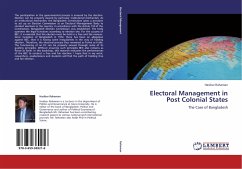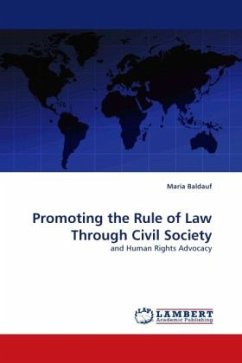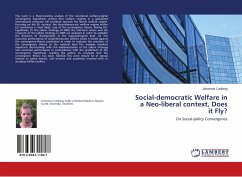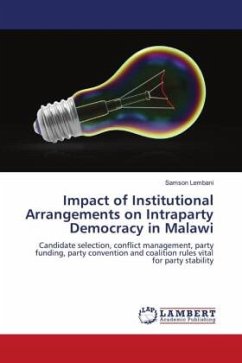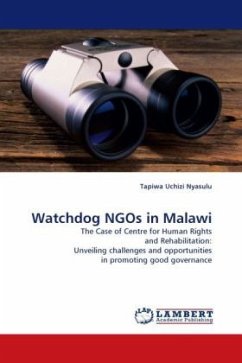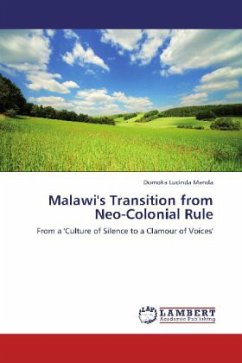
Malawi's Transition from Neo-Colonial Rule
From a 'Culture of Silence to a Clamour of Voices'
Versandkostenfrei!
Versandfertig in 6-10 Tagen
39,99 €
inkl. MwSt.

PAYBACK Punkte
20 °P sammeln!
The phrase a culture of silence is attributed to Jerry Rawlings in the late 1980s, at a time when he was military head of state in Ghana. In a culture of silence the masses are mute, that is, they are prohibited from taking part in the transformation of their society. In a neo-colonial state, a culture of silence is imposed on the masses and peace and order are guaranteed by ferocious repression. The basic premise that motivates this research is that the neo-colonial state, a by-product of the colonial state was influential in imposing the culture of silence and fear in the lives of ordinary p...
The phrase a culture of silence is attributed to Jerry Rawlings in the late 1980s, at a time when he was military head of state in Ghana. In a culture of silence the masses are mute, that is, they are prohibited from taking part in the transformation of their society. In a neo-colonial state, a culture of silence is imposed on the masses and peace and order are guaranteed by ferocious repression. The basic premise that motivates this research is that the neo-colonial state, a by-product of the colonial state was influential in imposing the culture of silence and fear in the lives of ordinary people. As such, a defining feature of the neo-colonial state, it is argued, is a culture of silence . Definitions and analysis of the neo-colonial state follow lines of arguments put forward by African writes such as Claude Ake, Ngugi wa Thiong o and Mahmood Mamdani. Within this broad paradigm of neo-colonialism, and analysis of Banda s Malawi is developed which pays particular attention to a culture of silence . This in turn leads to an examination of the effect of liberalization on political and civic space in Malawi.




